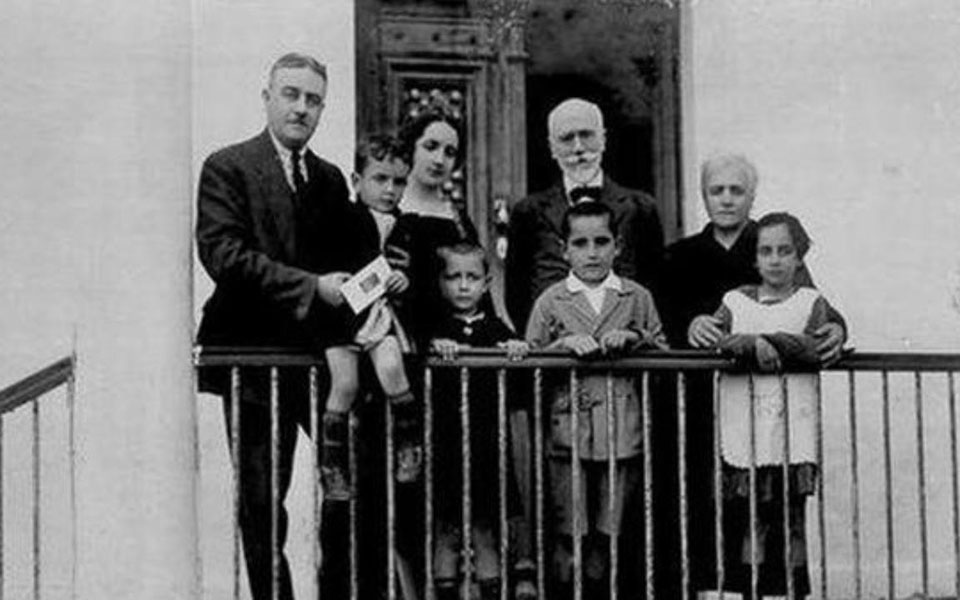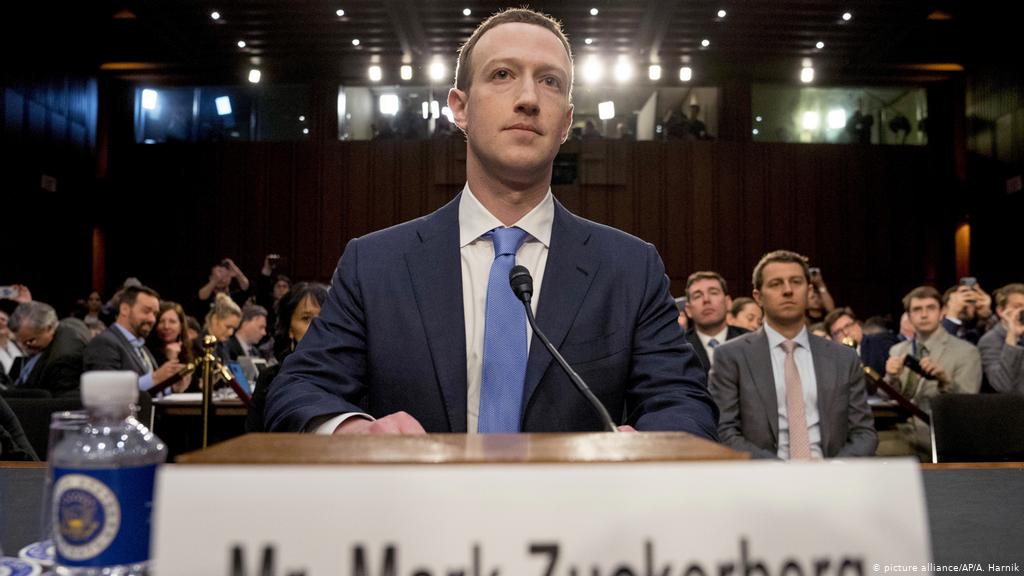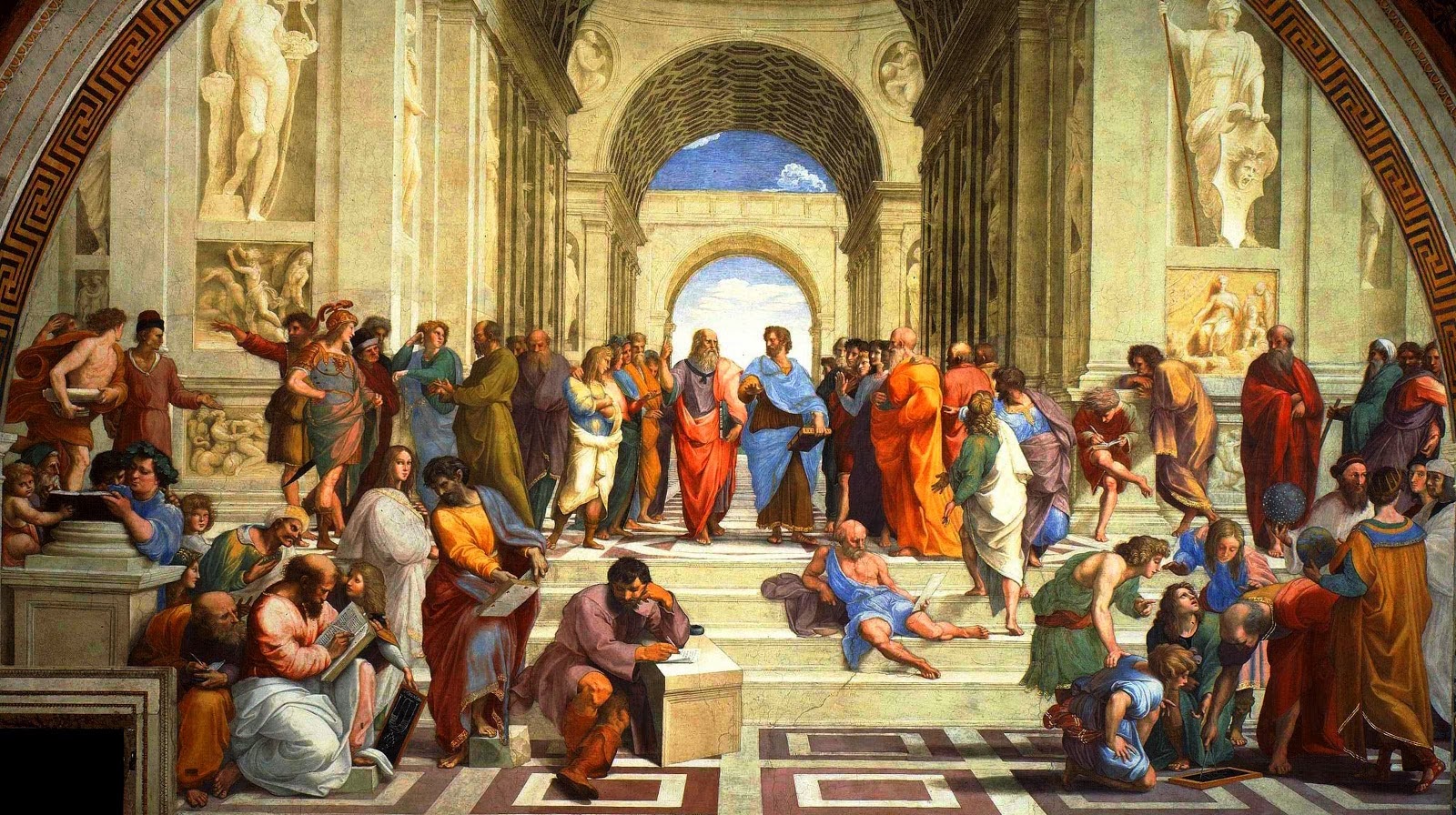By Timoleon Palaiologos,
Thank God we are not an oligarchic society!
We have democracy, the people do as they please for themselves, they vote every 4 to 5 years, and elect representatives from every corner of life with the sole goal of governing. Truly, this is the peak of democracy as an institution, the citizens vote for other people in order for them to vote for the citizens. I just cannot see how this great idea can escalate to something different.
First things first, though, I really want to get something off my chest, at least on a philosophical level. The philosopher Aristotle, in his work Politics, concludes that there are 6 general forms of government. He observes the forms of government and separates them to True forms of government and Perverted forms. In his work, he highlights that there are 3 true forms of government, specifically Monarchy (Μοναρχία), Aristocracy (Αριστοκρατία) and Polity (Πολιτεία), and their perversions, Tyranny (Τυραννία), Oligarchy (Ολιγαρχία) and Democracy (Δημοκρατία). The great philosopher categorized the forms of government depending on who is governing, and with what interest at heart, and he reached the conclusion that Democracy, just like all the perverted forms of government, is a system where the rulers decide based on their private interest rather than the common good. Whilst some may argue that Democracy and Polity are just the names, Aristotle gave in his, undoubtedly, remarkable philosophic work, and the current day democracy can be perceived as the Polity of Aristotle’s time, I dare to stretch it even further and say that modern day democracy could be Aristotle’s oligarchy. Smite, but hear me!
I will use the political situation of Greece as an example, be sure that Greece is not too specific and certain examples can be seen in approximately all “democratic” societies. Since the political changeover of Greece in 1974, the transition from the dictatorship of the military junta —that lasted from 1967-1974— and the reinstatement of democracy, most elected Greek Prime Ministers come from a family that have had another member serve as the Greek Prime Minister before. For instance, the Greek Prime Minister that signed the first memorandum with the European Commission during the 2008 global economic crisis was the son of a previous, multi elected, Prime Minister, and the grandson of another Prime Minister, who also participated in a coup in 1922 (!). Not only that, but the current Prime Minister is the son of a previous Greek Prime Minister and also is connected, through blood relations, with one of the most famous Greek Prime Ministers, Eleftherios Venizelos, that first assumed presidency in 1910. Another Greek Prime Minister was the nephew of a previous Prime Minister and so forth. And the abovementioned is the political situation of Greece only in the 21st century. I think you get the whole picture. And so, the political scene now looks more like a family game rather than a diverse image of our society.

But okay, maybe Greece is a case just in a million and other developed countries that do not practice such nepotism. The United States, for example, the cradle of freedom, surely respects the freedom of its citizens and honors their mutual relationship. But unfortunately, that is also not true. One recent example could be Donald’s Trump 2016 Presidential campaign. During the campaign, President Trump, as the leader of the Republican Party, used the services of a company called “Cambridge Analytica”, sparkling controversy. Cambridge Analytica used data obtained based on Facebook accounts activity. With the use of said data, the company would initially create psychographic profiles for every individual and would target a specific target group on various social media, mainly undecided voters that could be potential Trump supporters. That essentially meant that the whole campaign was just a massive misleading project, of the later to be Trump administration, where every information, poster, ad, et cetera, introduced to the voters was fabricated in such a way that it would be liked by them. This activity might or might not be illegal, but in my honest opinion, it is highly unethical and problematic not to say the least. The moment of realization, when you realize that the President of the strongest country in the world, a country that wages war in the name of freedom, degrades the elections with such an ease is a real turning point. And if our vote can be so easily manipulated, it kind of gives away that almost everything can be swayed towards anything.

But the elections do happen and we indeed exercise our right of electing and being elected, so that itself is democratic. However, if we consider that the people which control a government are responsible for the process of elections, it could be hypothesized that they may not be the most objective in regards to supervising the process. And if in the end only certain people from certain financial and family backgrounds end up ruling and governing, where does that leave all the other that are “not allowed” to be elected? And if they cannot be elected, then they lose one of their two fundamental privileges in a democracy. But they might also not be able to “elect”, at least objectively, so at this point they have been stripped of their second fundamental right and they are left weak and vulnerable. But, that surely does not happen because we do pick our leaders. I know for whom I voted and I wanted to vote for him, and maybe, if I want, I will vote for him in 4 years or maybe not, that is my power, and I exercise it every 1,461 days if I want, so maybe all of the above is just an unfounded fear.
Thank God we are not an oligarchic society.
References
- “The Great Hack” Explores How Facebook’s User Data Helped Power Donald Trump’s 2016 Victory, Indiewire.com, Available here




